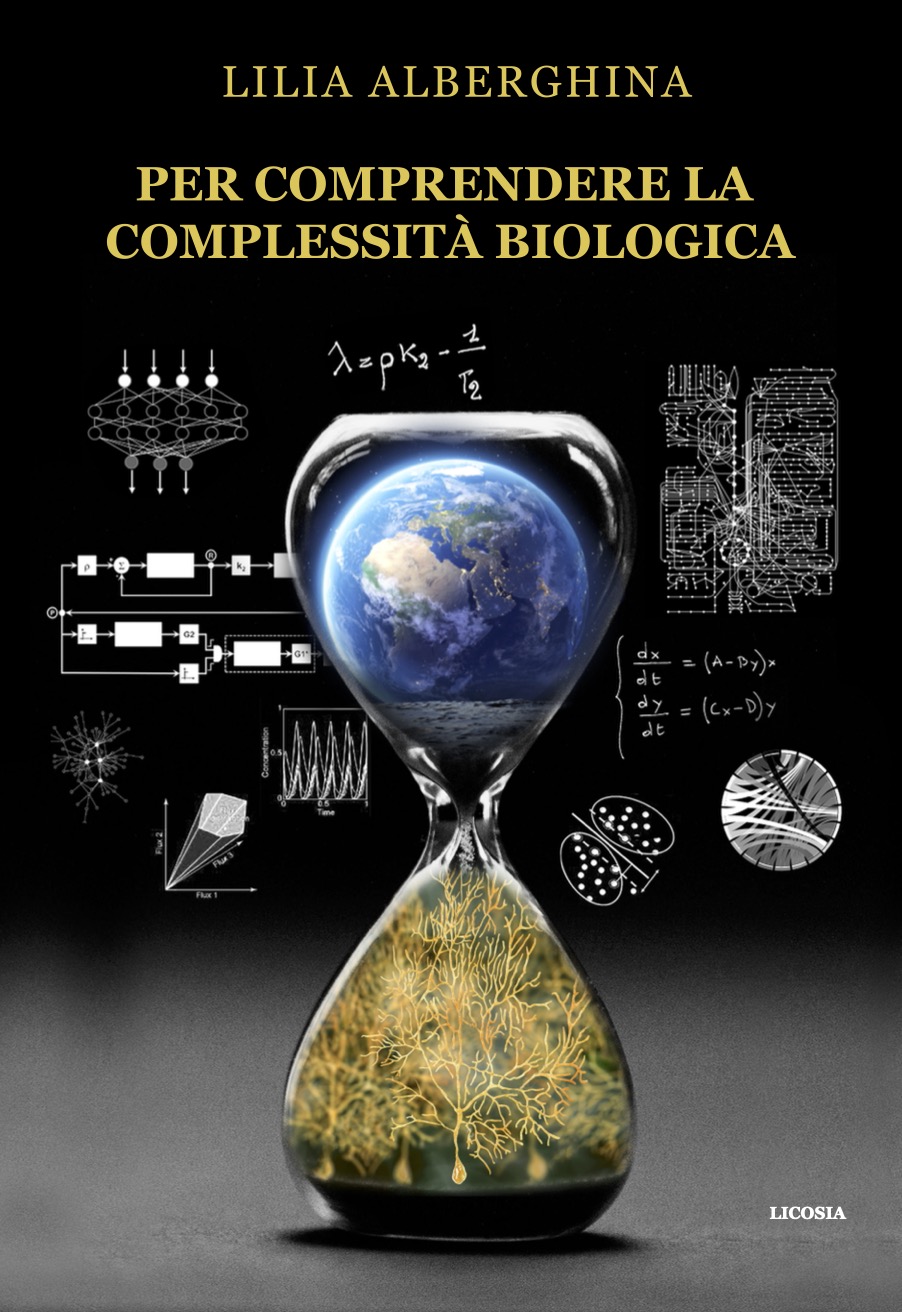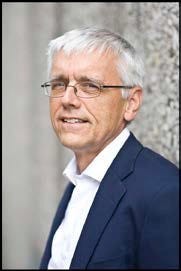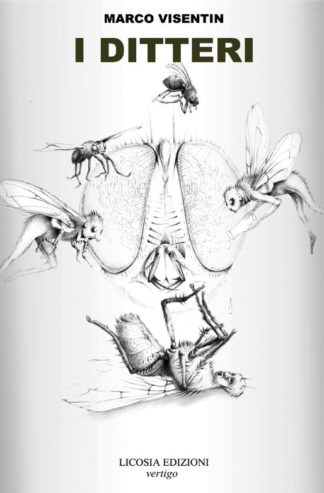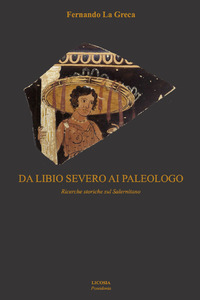Descrizione
Se per leggere l’evoluzione della ricerca scientifica si adopera la teoria dei paradigmi dominanti di Thomas Kuhn, allora la storia della scienza appare come l’avventurosa e intrepida ascesa di idee in grado di dare un senso a interi mondi, seguita dalla crisi e quindi dal superamento dello stesso paradigma, divenuto incapace di interpretare nuovi fenomeni, esplicitando nel periodo di crisi anche esternalità negative in ambiti diversi della convivenza umana.
Le scienze della vita dalla scoperta della doppia elica del DNA sono state guidate dal paradigma riduzionistico “DNA centrico”, che è stato fecondo di profondi risultati conoscitivi e di frutti corposi per la società.
Quella raccontata in questo libro è la storia della crisi del paradigma riduzionista che non riesce a spiegare la complessità organizzata della vita, oggi emersa in tutta la sua magnificenza; nello stesso tempo viene presentata l’articolata proposta di un nuovo paradigma sistemico, innervato dagli apporti delle scienze computazionali e della intelligenza artificiale, capace di ricostruire un ordine e fornire predittività a processi biologici complessi, facendo leva sull’analisi sperimentale /computazionale del metabolismo, inteso come fulcro di ogni processo fisiopatologico.
Il nuovo paradigma sistemico, “metabolismo centrico” aspira a diventare la nuova “idea guida” capace di sostenere un nuovo balzo in avanti della conoscenza e della prosperità delle nazioni.
Questo libro è anche la storia della mente della sua autrice, Lilia Alberghina, che, andando controcorrente, sta indicando alla scienza ed alla società strade nuove potenzialmente ricche di frutti e di nuova avvertenza alla profondità e alla capacità di interazione del fenomeno Vita.
Lilia Alberghina è professore emerito di Biochimica presso l’Università di Milano-Bicocca; direttore scientifico di ISBE.IT, infrastruttura di ricerca per la Systems biology; Scholar della Johns Hopkins University, Baltimora, MD, USA; socio nazionale Accademia dei XL. È stata una dei leader nello sviluppo delle Biotecnologie nelle università italiane. Successivamente ha fortemente promosso la crescita della Systems biology e della Systems metabolomics. Le sono stati conferiti: Premio Feltrinelli dell’Accademia dei Lincei (1986); Laurea honoris causa in Biotecnologie Molecolari e Industriali dalla Università di Napoli Federico II (2012) e l’“Ambrogino d’oro” dal Comune di Milano (2010).
RECENSIONI
di Hans V. Westerhoff
Science impresses. It makes us ‘understand’ both the greatest, such as the virtually unlimited Universe, the Big Bang, the likelihood of alien Life, and the smallest, such as subatomic particles unleashing vast energies. It has helped to put a human on the Moon, will do so on Mars, and enables us to travel to space if we are rich enough. It has identified the two dominant carriers of intracellular energy, the detailed structure of most molecular machines that sustain our bodies and has enabled us to rapidly generate COVID-19 vaccines. If Science is so powerful, why then is it not delivering definitive cures for the more devastating of our problems, such as cancer, global warming, economic and political crises?
Even Science is confined by a cage of thinking, as both Galileo and Einstein experienced. Shouldn’t it be gratifying if also this time an entirely new way of scientific thinking produced great strides forward for all the above issues at once? And, shouldn’t it be great if again such an advance came not from a politician but from a scientific tinkerer of at least one of the issues at hand?
Who am I to judge whether we are witness to this now, but for sure, the recent book ‘Understanding the Complexity of Biology’ by Lilia Alberghina, is a candidate: It identifies the tremendous complexities as the culprits. Already the number of molecules in your body comes in vast excess of the number of stars in the universe. Even more so the number of the interactions between them, direct or indirect, exceed a 10 with 50 zeros (compare with a 10 with 22 zeros for the number of stars in the universe). Multiply this by 6 billion for all human bodies on this planet and by another 7 thousand and one finds a total biocomplexity of 1063.
Lilia Alberghina, Professor at the University of Milano-Bicocca and intellectual heiress to Nobel laureates such as Rita Levi-Montalcini and Enrico Fermi, tinkered for years as a biochemist with the division cycle of living cells, also from the perspective of cancer. In her highly readable book, she is one of the first to identify this complexity of Biology not as the number of components as most people behind the sequencing of the human genome have done, but as the number and nonlinearity of interactions. She shows by examples from the cell-division cycle that this nonlinearity causes unpredictable and thereby surprising, functional and pathological behavior. She shows that, fed with precise experimental work and using metabolomics to provide footprints, mechanistic mathematical models can discover new, ‘emergent’ principles and concepts through which the complexity becomes predictable. She recommends the use of Artificial Intelligence and omics, but only in terms of such mechanistic concepts and principles. Only then one should be able to predict how the tinkering with a component (such as a medicine or nutrition) will cure the system.
Perhaps most gratifying of all, Professor Alberghina does not stop there. She then also examines how a similar approach to the complexities of economic crises and redevelopment after the Corona pandemic (taking Italy as an example), identifies much more effective strategies than hitherto implemented. Her thesis is that, having learned how to address biological complexity through systems biology, one should be better put at addressing the, simpler, complexities of global warming and economic development. Whether right or wrong, the promise made is worth a read and debate!
Recensione di Hans V. Westerhoff al volume di Lilia Alberghina, “Per comprendrere la complessità biologica by Lilia Alberghina”, (Licosia, 2021)
Hans V. Westerhoff is a professor (em.) at the University of Manchester and at the two Amsterdam Universities, in microbial physiology and systems biology. Starting in bioenergetics he has progressed through studies of DNA structure and antibiotic peptides to the study of the principles behind metabolism and signal transduction. At an H-index above 70 and more than 500 publications, he has been training >50 PhD students.





